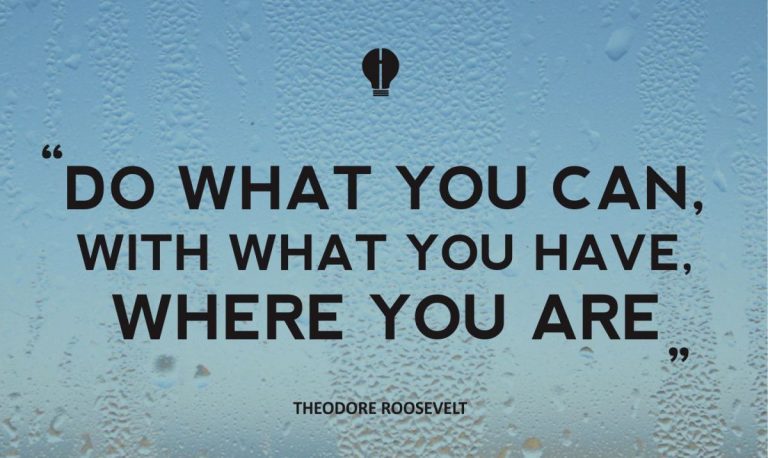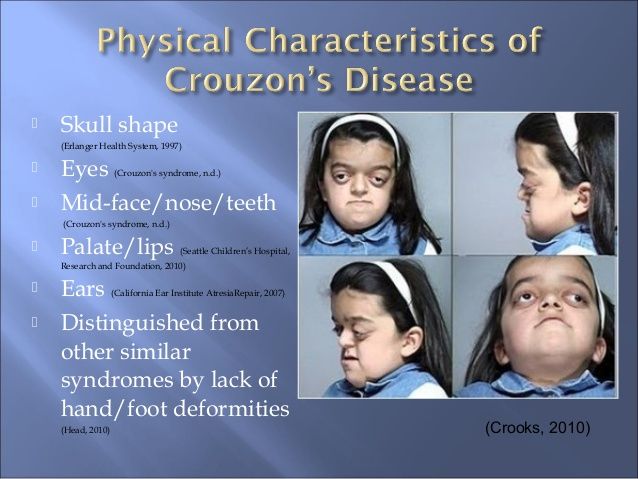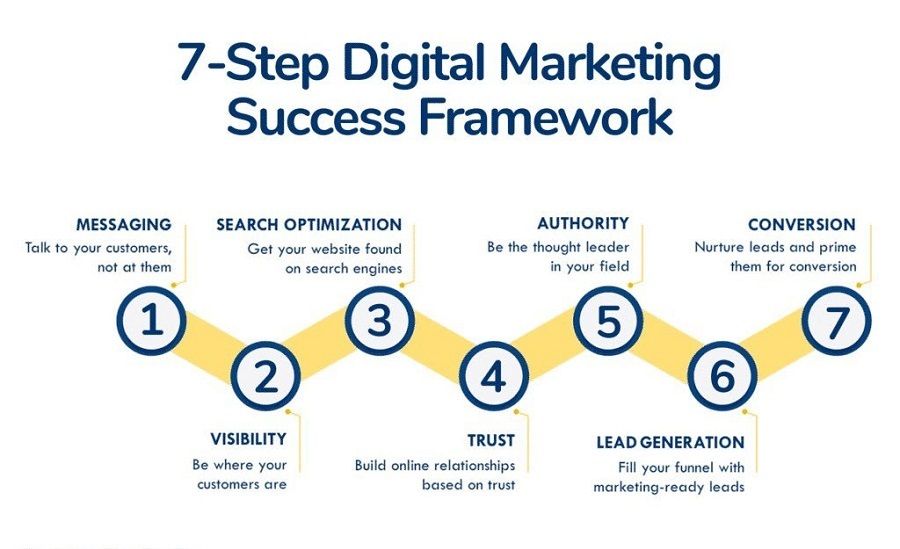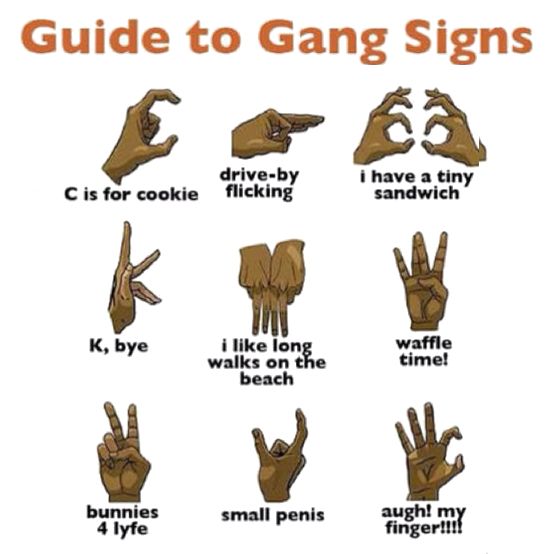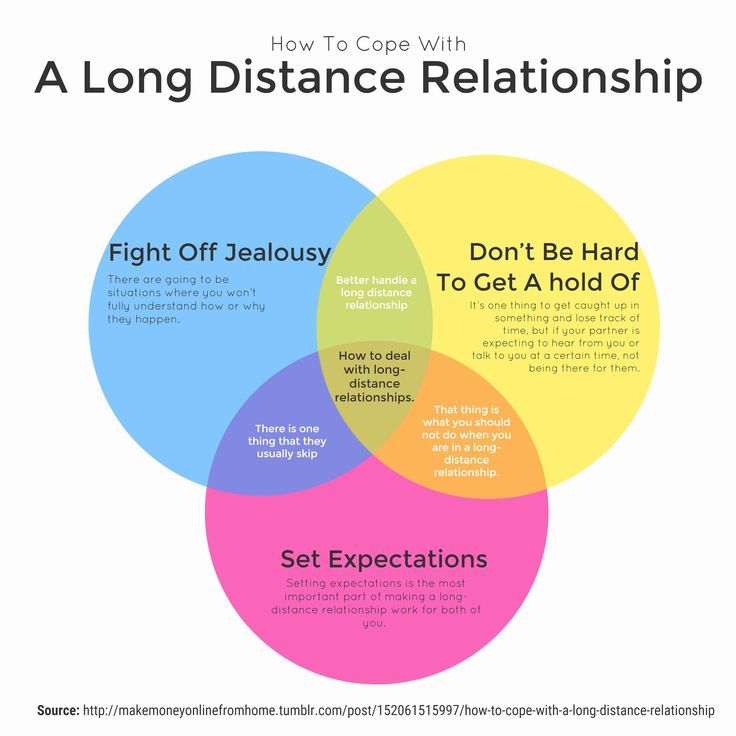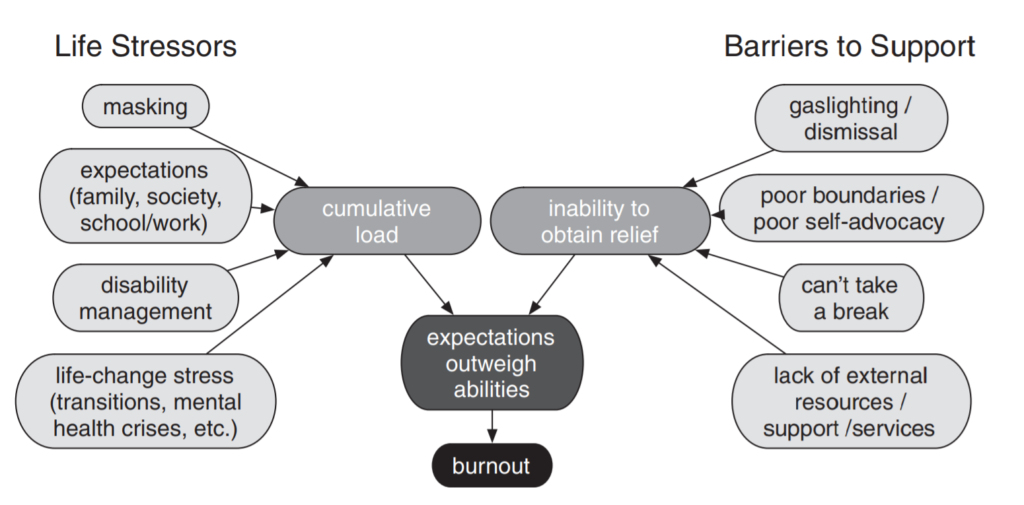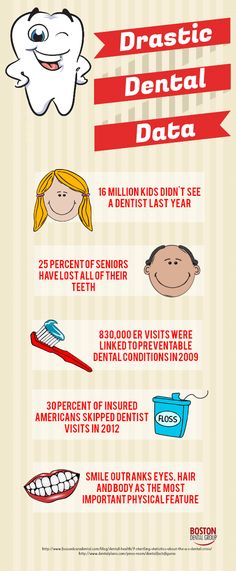Is it ever ok to cheat
Can Cheating Ever Be Okay?
How you answer the question “Is cheating ever okay?” may depend upon whether you are the cheater or the one being cheated on. And perhaps by your own moral compass. Some look at cheating as a black and white issue and others as one with many shades of grey. These differing viewpoints can cause big problems in any relationship.
The question as to whether cheating is ever justified is both an ethical and moral one. The general answer for most is, “no”, it is never okay. How does that explain the fact that it continues to happen then? Is it just poor impulse control? Yes, in many cases it probably is. In others, however, people will claim there are justifiable reasons for stepping out of the bounds of their relationship. But are these justifications really, well, real?
Let’s take a look at three of the most common ways people justify cheating in their own mind.
1. Revenge cheating
Turnabout as fair play is a common justification for infidelity. If you have been cheated on by your husband or wife, the desire to hurt your spouse the way you have been hurt can be strong, almost overwhelming. Even if you are patently against cheating it can be hard to resist the urge, and even harder if an opportunity is presented to you. When the cute girl in the office gives you signals or the guy at the bar seems interested, it is easy to think, “It’s my turn.”
Is it okay?
No. We were all taught in preschool that two wrongs don’t make a right and it is still true as adults. You won’t make anything better by cheating on your spouse. Not only does it not fix anything, it just adds to the problems
2. No Sex, Sex
This is a tough one for many. Most men and women enjoy having sex on a regular basis. But in many relationships the scales are weighted toward one side or the other. He wants more than she does, or she wants more than him. Generally couples work this out and find their own marital balance. In some relationships, however, one partner may not want sex at all. These circumstances can put one partner in a quandary. Celibacy or cheat?
In some relationships, however, one partner may not want sex at all. These circumstances can put one partner in a quandary. Celibacy or cheat?
Is it okay?
Again, this is another no. Yes, this is a seemingly unfair and untenable situation, but having an affair will not make it better. Problems in the bedroom do actually have solutions — it just takes effort to find them. A lack of sex drive in one partner can be due to other problems in the marriage that need to be addressed, or even be a result of biological issues that can have remedies too. It isn’t worth it to risk your marriage and compromise yourself by having an affair. Instead address the issue with sensitivity and try working together toward changing things.
3. “The Marriage Was Already Over” Affair
When you barely speak to one another, or you can’t remember what it feels like to be “in love”, getting swept up in new romance can be very tempting. It feels good to feel understood and appreciated for the first time in a long time. How can that be wrong? You may even begin consoling yourself with one of the many platitudes for these situations, like “the heart wants what the heart wants.” After all the marriage was basically over, right?
How can that be wrong? You may even begin consoling yourself with one of the many platitudes for these situations, like “the heart wants what the heart wants.” After all the marriage was basically over, right?
Is it okay?
Once more, no, it’s really not okay. Wanting to feel loved and appreciated is normal. But when you have taken vows with one person you don’t really get the option morally or even legally to begin a relationship with another person while you are still in a relationship. No, having an affair is not illegal, but your marriage is a legally recognized partnership and cheating will only complicate matters. If your relationship is in a spot where having an affair seems justifiable, stop, take stock of things and consider your options. It might be time to try counseling if you haven’t already. Or end the relationship first.
There really is never a justification for cheating on someone you have made a promise to. There are times when the reasoning can seem justified and better than “because I wanted to,” but breaking a promise is still wrong. Especially when the promise is the most personal kind — to respect your partner enough not to be intimate with someone else.
Especially when the promise is the most personal kind — to respect your partner enough not to be intimate with someone else.
Is It Ever OK to Cheat? What About In These 6 Instances?
3) When He'll Never Find Out
This one is a trick! You know why? It doesn't matter if he ever finds out because you'll know. But let's not be heroic here. We all live with secrets. Maybe you made a drunken mistake one night (or not such a mistake) and telling him would ruin everything and not telling him means you only have to live with this itty, bitty lie. What then? I'd say it's up to you. We live in the real world where real relationships take tons of work, and although they should ideally be based on complete trust and honesty, I can understand someone not wanting to undo all of that because of one little moment of penetration, or even less. Not saying I would not feel totally betrayed, just saying I might also understand (if I ever found out).
4) Flirting…and a Little More
But what if it's just a kiss? Or maybe just a sniff.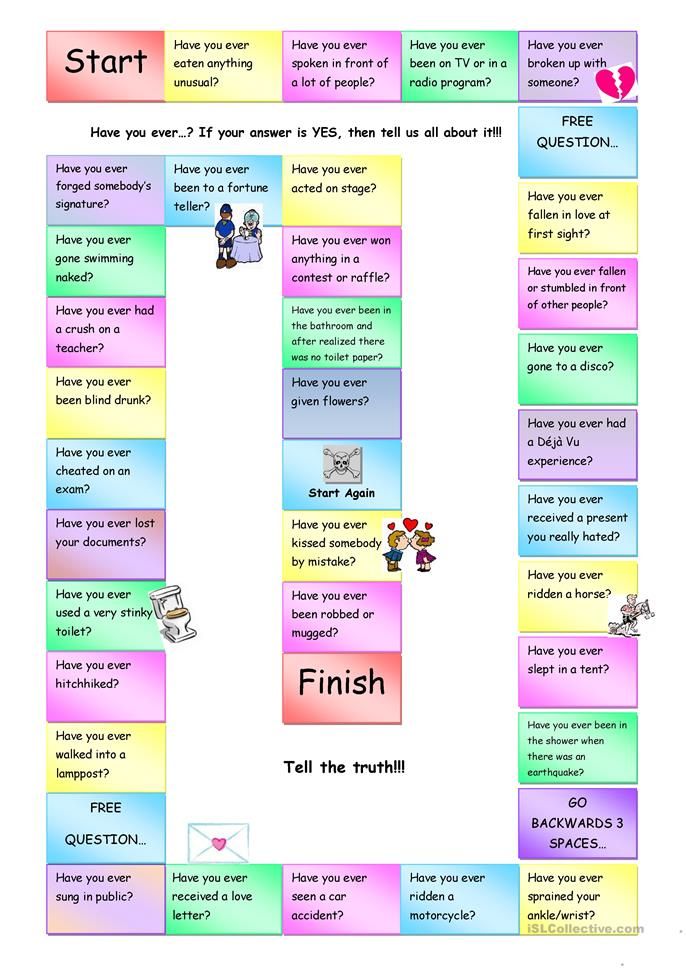 Maybe there was just oral. What then? Is flirting cheating? Can't a girl go have fun at a bar and then go home to her man? Aren't I the one who is always saying "go out and be hungry, but eat at home." How hungry should we be? I don't know the answer here, and I don't think there is one answer. Every relationship is different, and the boundaries of how intimate you are allowed to be with others differs from couple to couple. I know my friends Jacob and Marnie, who are married, are allowed to flirt with others because they like to bring additional partners into their sexual activity. I know other people who are literally not allowed to even talk to other girls when they're out together. Every couple is different.
Maybe there was just oral. What then? Is flirting cheating? Can't a girl go have fun at a bar and then go home to her man? Aren't I the one who is always saying "go out and be hungry, but eat at home." How hungry should we be? I don't know the answer here, and I don't think there is one answer. Every relationship is different, and the boundaries of how intimate you are allowed to be with others differs from couple to couple. I know my friends Jacob and Marnie, who are married, are allowed to flirt with others because they like to bring additional partners into their sexual activity. I know other people who are literally not allowed to even talk to other girls when they're out together. Every couple is different.
5) Different Country, Different City, Different Area Code
Geography was never my favorite subject. I hated it (sorry Father Hill, not your fault). The road is a lonely place, that's why God invented truck stops, right? Ew. Bad metaphor. What I mean is that sometimes fun things happen in faraway places, and sometimes they follow you home, and sometimes they don't (what happens at the Wichita Hilton stays at the Wichita Hilton, right?). Isn't part of traveling experiencing other people as well as the places we go?
Isn't part of traveling experiencing other people as well as the places we go?
6) It's a Game
It's your first week of college. You're playing truth or dare. If your girlfriend were there, and not 3000 miles away at UCLA she would probably be playing with you. You're dared to make out with the cute girl who lives in the next dorm over. How can that be cheating? Thinking about this, I'm tempted to dedicate an entire category to just "college." I feel like there could be one long free pass for the entire time spent at college, or at least one freebie per relationship (same goes for press junkets, trade shows, and work retreats….though not bachelor parties, because that's just clich�).
There are a lot of "ifs" here, and a lot of jokes, and I think it's clear that when it comes to cheating, the veracity and severity of the act is in the eye of the beholder. Here's a good rule to live by though, something I think I can safely conclude with: If you wouldn't tell him/her, it's probably cheating.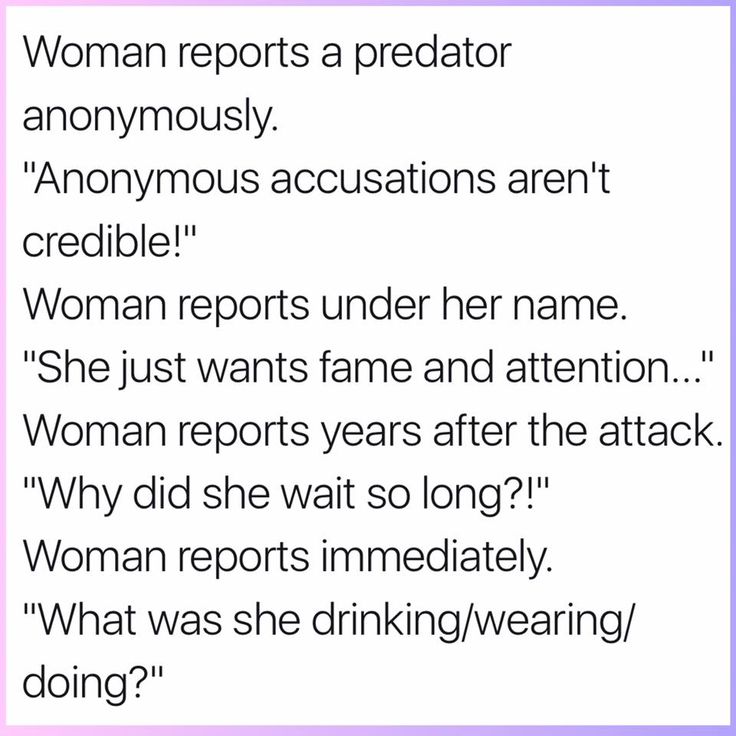
Is cheating ever OK? What situation do you think it might be?
__
Have a question for Single John? Submit it here.__
More on Relationships at Glamour.com__
Do You Throw Away Old Photos of Your Ex-Boyfriends?
Rekindling the Romance: 9 Secrets to Keeping the Spark in Your Relationship—Even When You Live Together
What Men Say About You When You're Not Around
__More Ways to Get Glamour
Visit Shopglamour.com for cute stuff starting at just $10!
Enter the latest Glamour sweepstakes!
Follow us on Twitter!
Add us to your iGoogle homepage.
Photo: Thinkstock
Why do we need to lie | PSYCHOLOGIES
Know Yourself
Key Ideas
- Variable. The truth often depends on the interlocutor, the situation and even our mood.
- Social game. Lying allows us to respect others... and protect ourselves from them.
- A question of priorities. Deception may hide a deeper truth.
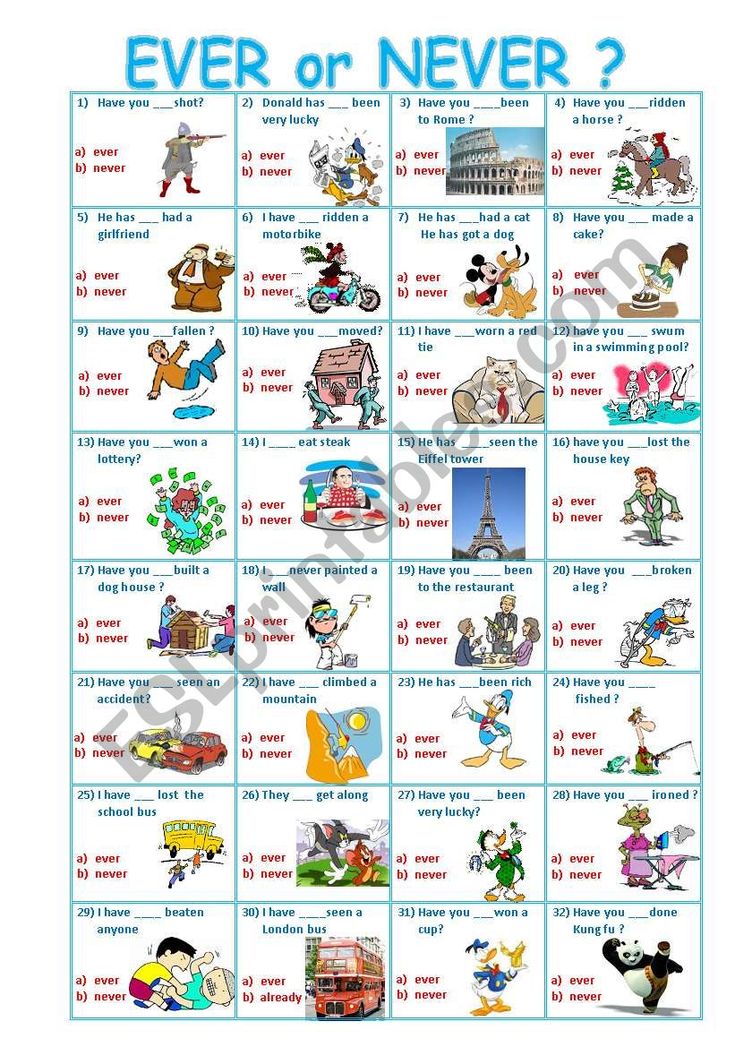
Telling the truth has never been so fashionable as it is now. Politicians, oligarchs, artists publicly confess in autobiographies and TV interviews. In style, in the company of friends, say out loud what others only dare to think about. But here's the paradox: the more we hear revelations, the more we doubt the authenticity of these words. And in fact: what could be more dubious than a phrase that begins with the words "to be honest ...".
Everyone has their own truth
“It is hardly possible to be absolutely truthful,” says psychotherapist Margarita Zhamkochyan. - After all, lies are inherent in the very nature of human speech. From the time we began to use words, we are doomed to keep silent about something, to keep something back, since words cannot accurately convey the whole reality.
“Telling the truth, the whole truth, means accurately reflecting the world we live in,” agrees the French psychoanalyst Jean-David Nazio. “We just interpret it in our own way. ”
”
Therefore, lying? “Rather, it means that truth is generally subjective and depends on our views, beliefs, emotions and ideas,” says psychologist Alexei Sitnikov. “What seems like a lie to one person may be part of his picture of the world for another.”
And really, what do we say to a best friend who asks her to rate her new haircut? Not wanting to deceive, we admit: “She failed”? But someone else will like it, and he will be just as absolutely sincere. However, we ourselves, being in a different mood, could decide that the new hairstyle suits her. Or to admit: it would be more honest to say that the hair is dyed well, or that the haircut makes it look more serious ... It seems that everyone has their own truth at different times.
10 reasons to lie
Psychologist Alexei Sitnikov compiled a list of ten main reasons that encourage us to lie. We deceive in order to:
1. Do no harm to another.
2. Protect those we love.
3. Protect your inner world.
4. Avoid punishment.
5. Get a benefit.
6. To seem better.
7. Have fun.
8. Protect your interests.
9. Get the truth.
10. Out of timidity.
Reflex action
But if we always follow our truth, maybe we will stop deceiving ourselves? “Alas, this is not so,” says Jean-David Nazio, “we are not able not to lie. Of course, sometimes a lie is conscious, and we voluntarily distort the truth, hoping to deceive another. But such cases are still a minority. For the most part, deception is a reflex, instinctive act, designed to protect us.
From what? From violence - physical, moral, material or mental (feelings of shame, loss of faith in one's own strength ...). In short, we often spontaneously cheat in order to protect our relationships with others. In a broad sense, we lie because we are afraid of losing the love of another person.
“Those who prefer to say whatever they think are so sure of themselves that they are not deterred by the fear of losing the love of another,” says the psychoanalyst.
For psychoanalysis, deliberate lies are no worse than truthful words: lies express the truth of our desire
But it is difficult to deceive. “When we do this consciously, internal “sensors” work: the whole body reacts to a real, conscious lie,” explains Margarita Zhamkochyan. We sweat, the pupils dilate, the vocal cords tighten, it becomes difficult to speak. The principle of operation of the polygraph is based on the use of this physiological feature.
But in the course of evolution man has learned to bypass this seemingly insurmountable barrier easily and even elegantly: in order for a lie to look like the truth, it is necessary to believe that it is the truth. This is exactly what “professional liars” do, accustomed to lying all the time. Such people are deceived themselves and can lie for a long time to others. Their confidence in the veracity of their words is so great that sometimes even a lie detector cannot unequivocally assess whether they are telling the truth.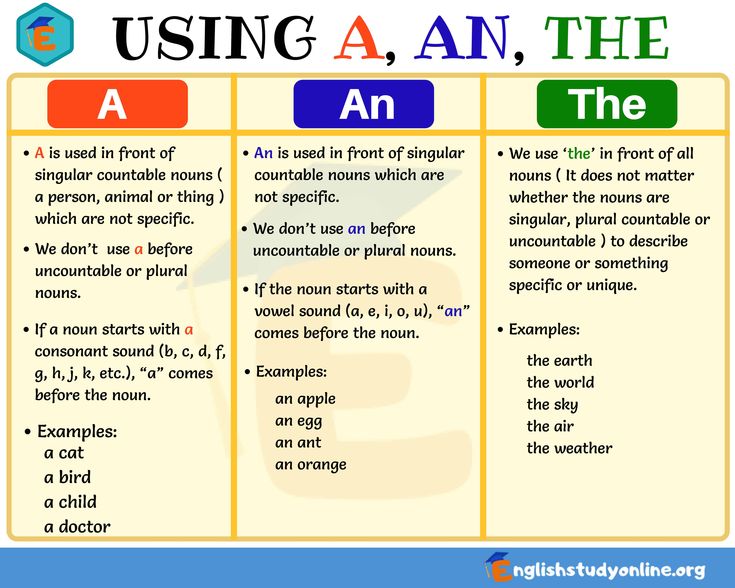
Sign of respect
Thus, the ability to "correct the truth" is a necessary condition for life in any society. In a sense, this is part of social conventions. We greet a colleague: “How are you?” If he decided to tell the whole truth in response, he would speak for a long time and in detail, but he lies, throwing on the go: “Everything is OK. Thank you. And you?" And his words are a sign of attention and respect for us.
“Communicating correctly,” explains Margarita Zhamkochyan, “means taking into account the interests of the other and what he is ready to hear from us.” In other words, it is to be able to lie, or at least not tell the whole truth.
American psychiatrist and psychotherapist Brad Blanton disagrees with his colleagues. He is sure that they are mistaken in asserting that for every truth there is always a lie. He is convinced that only by learning to say aloud everything that comes to our mind, we can know ourselves and others. Getting rid of thoughts and considerations that bother us, in his opinion, is the only way to create genuine relationships with others.
How we learn it
- The ability to deceive appears around the age of 4: the child understands that adults do not know everything about him.
- The discovery of one's own inner world is finally formed by the age of 7. The child learns that he may have secret thoughts and that not all of them need to be spoken out loud. The adults explain: “They don’t talk about it out loud,” and he learns to keep silent about the truth. This is the first form of deception.
- Then the children discover everyday deceit. They notice that they can say one thing instead of another with the same result. So gradually the child learns to play the whole "gamut" of lies - from a lie with good intentions to a joke, passing through a lie for salvation.
Truthful or sincere?
But what's interesting is that lying out of politeness or by default does not prevent us from being sincere. After all, sincerity has little to do with truth: it all depends on what kind of relationship we want to build with another.
“Thus, a husband who is afraid of losing his wife may keep silent about what he once cheated on,” says psychologist Claudine Bilan. “But, having lied, he remains true to what he considers his deepest truth, namely, that he does not want to hurt his wife and does not want to risk losing her.”
Jean-David Nazio recalls that for psychoanalysis, a deliberately false statement is at least as good as a true one. Moreover, "the lie itself expresses the truth - the truth of our desire." Long before Freud, the mathematician and philosopher Blaise Pascal warned us: "The opposite of truth is not error, but the opposite truth."
About this
- Paul Ekman “Psychology of lies”, Peter, 2018.
- “Logical analysis of language. Truth and Truth in Culture and Language”, Science, 1995.
- Paul Ekman Why Children Lie, Peter, 2017.
Text: Alexander Korobov Photo Source: ALEXANDRA COMPAIN-TISSIER FOR PSYCHOLOGIES FRANCE
New on the website
borderline personality disorder?
“I want to die, but my mother thinks that this is just a transitional age”
Picking, pressing, combing: what does the passion for acne manipulation say about your psyche
12 foods that you can (and even need) to eat at night : recommendations from a nutritionist
“I can sleep for 14 hours and still feel tired”: what is hypersomnia — a first-person account
“I started to have sex, but I feel almost no pleasure”
“She loves me, I do not. Leave? Or can you fall in love of your own accord?
Leave? Or can you fall in love of your own accord?
Sex and menopause: truth and myths
A world in which it is impossible to lie - is it good or bad?
- Rachel Nouver
- BBC Future
Sign up for our Newsletter “Context”: it will help you understand the events.
Image copyright Getty Images
From childhood, we hear that it's wrong to lie - and yet this is not always the case.
In one of the episodes of the television series "In a Better World", a highly moral professor of philosophy is tormented by a dilemma: whether to honestly tell his colleague what he thinks about his new shoes (and they are terrible!), or pretend that he likes them and does not hurt other people's feelings.
At first, the professor decides to say that he really likes the shoes. He does just that, but then another kind of torment comes: how could he compromise his high moral principles and tell a lie!
And although the professor's girlfriend tells him "sometimes we have to lie in order not to look impolite", the professor does not calm down and finally tells his colleague everything.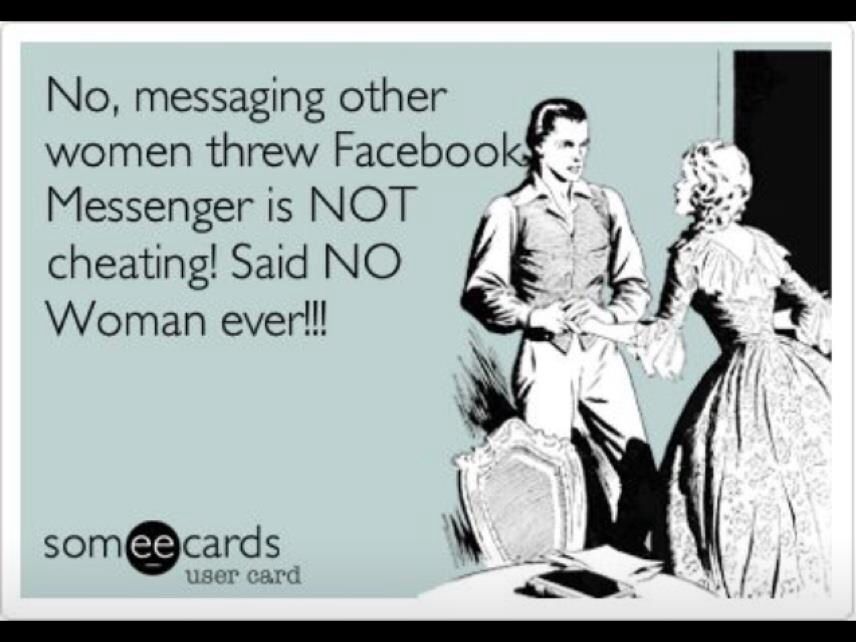 The colleague is terribly offended and upset.
The colleague is terribly offended and upset.
So, for the professor and many other philosophers, the obligation not to lie under any circumstances wins over all other moral principles - including the requirement not to hurt other people's feelings.
However, few adhere to such strict rules and are crystal clear in all situations without exception.
Telling lies is accepted in society, it happens to us almost daily, from automatically answering the question "how are you" and ending with the assessment of a friend's or friend's new hairstyle.
Skip Podcast and continue reading.
Podcast
What was that?
We quickly, simply and clearly explain what happened, why it's important and what's next.
episodes
The End of the Story Podcast
And yet, despite the ubiquity of lies in our lives, most of us do not always recognize when we are told a lie.
But what would happen to the world, to our society, if we always clearly understood when we were being lied to?
Let's not now think about what technology or psychological tricks would help achieve this. What is more important is that we then become aware of the often overlooked and greatly underestimated role that lies play in everyday life.
Many researchers believe that people began to lie to each other almost immediately, as soon as they started talking - with the advent of language. For them, it was clearly a way to achieve something.
"Lying is easily compared to other ways of gaining power," Sissela Bock, an ethicist at Harvard University, told National Geographic magazine.
"After all, it is much easier to lie in order to take someone else's money or property than to hit someone on the head or rob a bank. "
In addition, according to Michael Lewis, professor of pediatrics and psychiatry at Rutgers University (USA), throughout human history, lying has served as an "evolutionary necessity to protect oneself from danger."
Including for protection from punishment - for which it is still used by many in various countries.
If all of us suddenly had the ability to accurately detect lies, then life in some states would become extremely risky (in those, for example, where infidelity, homosexuality or certain religious beliefs are considered illegal).
Image copyright, Getty Images
Image caption,Lying is an essential part of human communication, even when it comes to your hair
It is also profitable for us to lie when the stakes are not so high - for example, at work.
If we tell our boss to his face what we think about him, or honestly admit what exactly prevented us from completing the work on time, then we will be demoted, or even fired.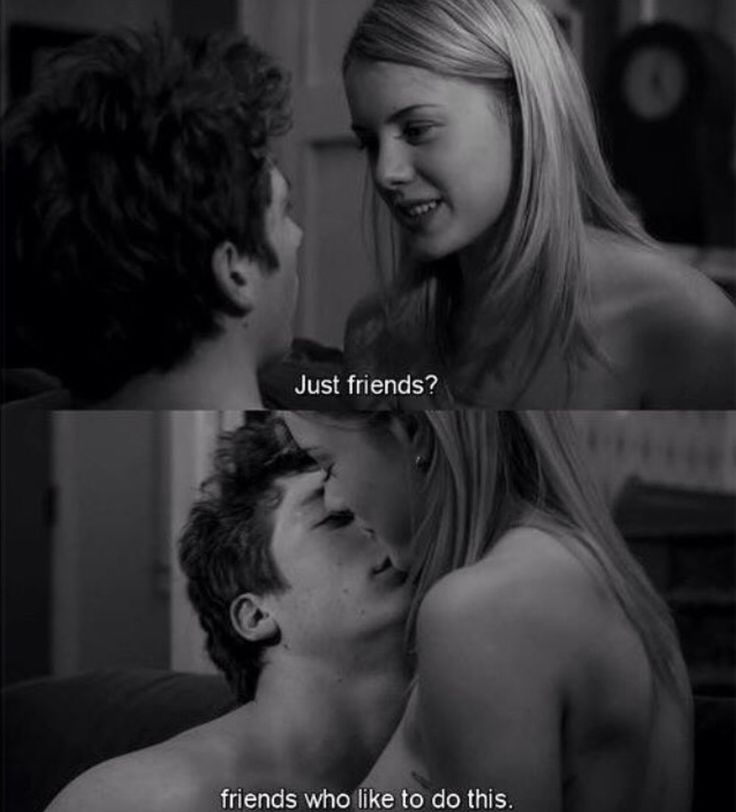
We lie even when we want to look better in the eyes of our colleagues. For example, saying that we were late because of the poor work of the subway, although in fact the reason is our own sluggishness.
On the other hand, there are times at work when we'd better know when we're being lied to, says Clark Freshman, a professor of law at the University of California, Hastings.
For example, by asking the right questions in a negotiation with superiors and getting answers that are undeniably sincere, workers belonging to, say, ethnic or other minorities can negotiate a fair salary or position.
"For me, a world where people always know the truth that matters to them personally would be a wonderful world," says Freshman. "There would be less discrimination and more equality."
But at the same time we would have a world in which many things would hurt our feelings.
For most of us, a world without lies would mean a blow to our image, says Dan Ariely, professor of psychology and behavioral economics at Duke University.
"Living in a world of truth means that you have to be more honest about everything, that at work you will be told the truth to your face, that friends and acquaintances, and just random people you meet will be honest with you in how you look in their eyes - and your way of dressing, and the way you kiss, for example," he says.
"You will realize that people do not pay much attention to you, you are not so important to them, and your professional qualifications in their eyes are not that high," notes Ariely.
On the other hand, an absolutely honest opinion of others can help you become better, motivate you to educate yourself. But whether it's worth it, Ariely isn't sure.
Image copyright, Getty Images
Image caption,Lying can save people living in countries where their lifestyle or religious beliefs are illegal and lead to severe punishment
All these attacks on self-esteem will begin almost immediately after the child learns to speak - and it is very difficult to say which way the child's development will go.
Imagine such a scene. The child runs to his parents: "Dad, mom, look what I drew!" - and gets an honest answer: "It's terrible!"
It is easy to imagine how this will affect the child. The innocent joy of children's games, pranks, the serenity of this important period of life for every person will be lost. Neither you Santa Claus, nor wizards ... After all, they do not exist - you have to tell the truth.
Children's innate curiosity will very quickly lead them to understand the cruelty of the world - and this is not necessarily a positive thing.
Children themselves at a fairly early age learn the social value of lies.
"Mom might warn you: 'Grandma is going to give you a birthday present and you have to tell her you like it or she'll be offended,'" explains Lewis. are already learning the art of lying out of politeness.0003
Scientists have also found that the ability to lie brings children certain advantages in understanding the world.
By the time we become adults, lying becomes an integral part of our lives. We tell lies all the time.
In a 1996 study, Bella DePaulo, a social psychologist at the University of California, Santa Barbara, found that students lie in one out of every three social encounters, and older adults do so in one out of every five.
"In many cases of lying in everyday life, people pretend to be more positive than they really are," writes DePaulo in PsychCentral.
"If they don't like you, they try to hide it. If they are bored with what you say, they try to make an interested face."
Image copyright, Getty Images
Image caption,During the 2016 presidential campaign, Democratic nominee Hillary Clinton was dishonest in 32% of her statements (Trump's was 70%)
Indeed, it would be a real disaster for interpersonal relationships if it were visible when we are told a lie, Lewis emphasizes. “Lying is an absolute necessity in the culture of a society in which it is believed that you should not hurt anyone's feelings.”
“Lying is an absolute necessity in the culture of a society in which it is believed that you should not hurt anyone's feelings.”
And in this the parties play along. deceive us. company and food
Of course, this may end up with us being invited back as guests, says Lewis, but that's the cost of sparing other people's feelings.
In a world without such polite lies, many friendships would fall apart, professional relationships would become extremely strained, and some family gatherings would turn into a nightmare.
Even our most romantic relationship is bound to lie.
In the now classic 1989 study by Sandra Metts of the University of Illinois, only 33 out of 390 people could not remember a situation in which they were "not quite truthful" with a loved one.
Similarly (in a 2013 study), Jennifer Guthrie and Adrianne Kunkel of the University of Kansas found that only two out of 67 participants didn't cheat on their romantic partners for just one week.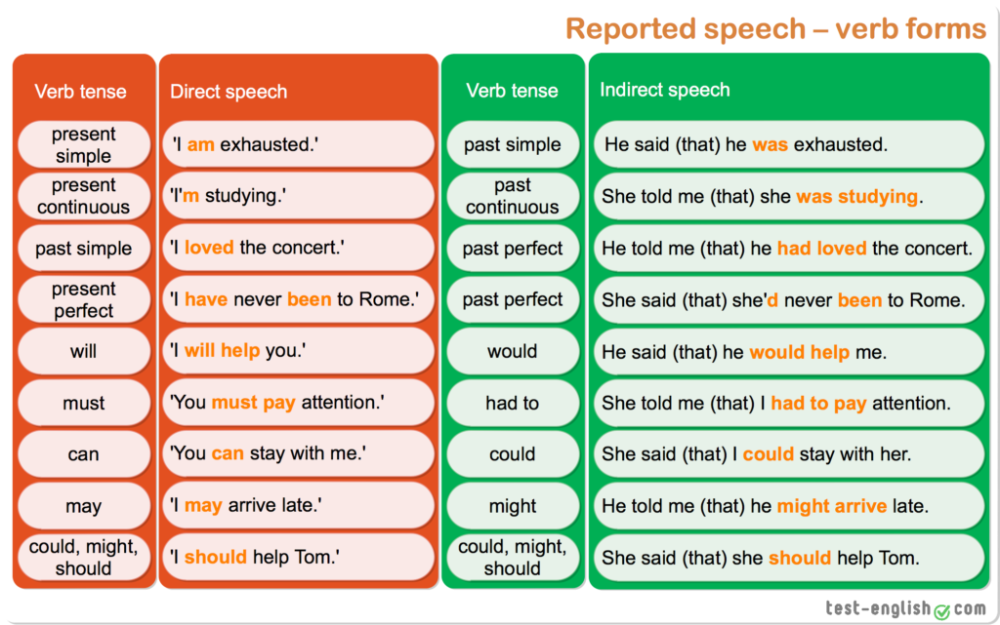
In both studies, most people said they were dishonest only to avoid hurting their loved one and damaging relationships.
It is unlikely that many relationships would have remained the same if we knew the whole truth about our partner - at least what he really thinks, looking at us in the morning.
Image copyright, Getty Images
Image caption,Vote Leave, who campaigned for Britain's exit from the EU, is accused of distorting official statistics
However, there are areas of life in which the ability to separate truth from falsehood would be very useful.
Imagine: it would be very easy for us to identify all the pathological liars and those who constantly lie, while having no merit to society, Lewis points out.
Pathological liars are often narcissists whose need for self-deception is fueled by an absolute rejection of shame.
Sometimes they themselves believe in their own lies - even if it contradicts all known facts or their own statements made earlier.
According to Lewis, the classic example is Donald Trump. "His tendency to self-deception is so great that he simply does not realize that he is lying," says the scientist.
Of course, politicians cheating is nothing new, says Vian Bakir, professor of journalism and political communications at Bangor University, Wales.
Even Plato recognized the virtues of "noble lies," she notes, and in Machiavelli's classic The Prince, deceit plays an important role in political leadership.
All this is true, however, as Bakir emphasizes, "in recent years, lies have overwhelmed politics."
"What is especially bad about today is that in some prominent politicians like Trump, Vladimir Putin and others like them, who think that the people like a "strong hand", shameless lies have become a habit and ingrained, and they don't care at all about being exposed."
According to the non-governmental website PolitiFact, which checks politicians' statements (owned by the non-profit Poynter Institute, which investigates the work of the media), 70% of Donald Trump's statements during the campaign were mostly false - compared to 32% of Hillary Clinton).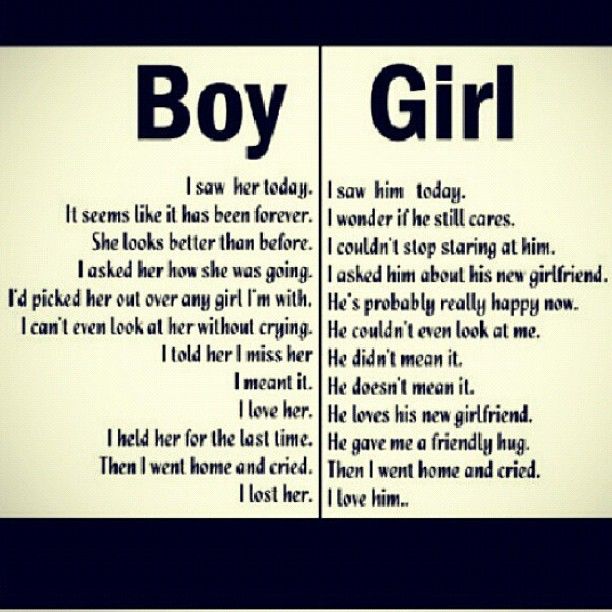
Image copyright, Getty Images
Image caption,We often blame our tardiness on the poor performance of public transport - it's more convenient for us...
Public organizations can lie outright, too, she adds. Thus, Vote Leave, which campaigned for Britain's exit from the EU, has repeatedly argued that EU membership costs the United Kingdom more than 350 million pounds a week. The British Office of Statistics later called it "an outright misrepresentation of official statistics."
"Given that this statement is not only untrue, but also a serious and well-thought-out part of the campaign, it is fair to say that there was a deliberate deceit behind it," says Bakir.
Despite ample evidence of the dishonesty of this or that politician, this or that political group, their support by a certain part of the spectrum of voters is not weakening.
Bakir points out that, according to research, those who are deeply convinced of the veracity of disinformation are extremely difficult to convince. She adds that a person is generally inclined to believe in those things that confirm his view of the world.
She adds that a person is generally inclined to believe in those things that confirm his view of the world.
But in a world where people could automatically recognize a lie - themselves, without extraneous arguments, support for dishonest politicians fell, they would be on the sidelines.
"Many Trump supporters think he's being slandered, that he's not really lying," says Freshman.
"But if people had the ability to see for themselves that they are being lied to, then I think many of them would stop looking for excuses for their idol."
A world without lies would plunge international relations and diplomacy into chaos. But in the end, citizens would benefit from the fact that this would lead to more honest politics and power.
Image copyright, Getty Images
Image caption,We sometimes lie to avoid offending the people who have been welcoming and hospitable to us
The same is true in law enforcement and criminal justice.

